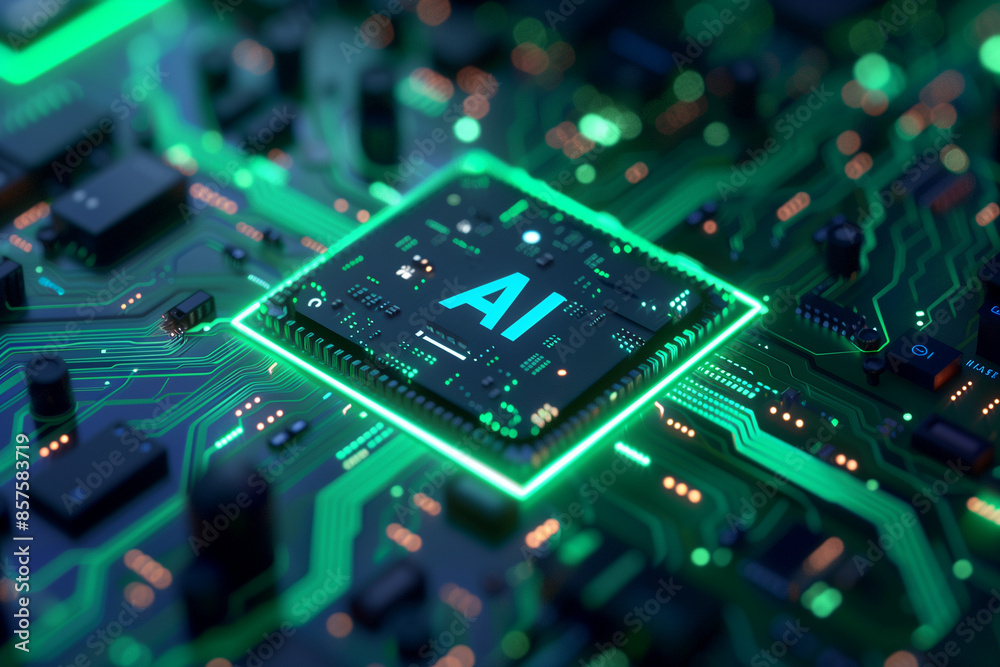In a significant development that underscores the fierce competition for talent in the artificial intelligence sector, Apple has lost a key AI leader to its rival, Meta. Inderjit Singh, a senior director who was instrumental in the development of Siri, has departed the Cupertino giant to join Mark Zuckerberg’s company. This move is more than just a standard personnel change; it represents a strategic blow to Apple at a time when the company is scrambling to assert its position in the generative AI landscape. The news that Apple loses a top AI executive sends ripples through Silicon Valley, highlighting the intense pressures and high stakes of the current tech talent war.
For years, tech titans have been poaching top minds from one another, but this particular departure feels different. It comes at a critical juncture for both companies—Apple is trying to catch up in the AI race, while Meta is aggressively pushing to integrate advanced AI into all its products. Singh’s move is a clear victory for Meta and raises pressing questions about Apple’s AI trajectory.
Who is Inderjit Singh? The Leader Apple Couldn’t Afford to Lose
To understand the gravity of this situation, it’s essential to know who Inderjit Singh is and the role he played at Apple. Singh wasn’t just another engineer; he was a senior director on the Machine Learning team, reporting directly to Apple’s AI chief, John Giannandrea. His primary responsibility was leading the team behind Siri, Apple’s voice assistant.
His work was central to the foundational search and ranking systems that power Siri. Before his tenure at Apple, Singh had a distinguished career at Google, where he worked on the world’s most dominant search engine. This background made him uniquely qualified to tackle the immense challenge of making Siri smarter, more conversational, and more competitive with rivals like Google Assistant and Amazon’s Alexa.
Losing an executive with such deep expertise in search, machine learning, and consumer-facing AI products is a significant setback. The loss of this key AI executive from Apple creates a leadership vacuum in one of the company’s most scrutinized and vital areas for future growth.
Why This Move Is a Major Blow for Apple
The timing of Singh’s departure could not be worse for Apple. The company has faced persistent criticism for falling behind in the generative AI revolution, a field currently dominated by OpenAI, Google, and even Meta. As Apple loses a top AI executive, it puts their comeback strategy in jeopardy.
The Siri Conundrum and Apple Intelligence
For over a decade, Siri has been a core feature of the iPhone, yet it has consistently underwhelmed users and lagged behind its competitors in capability and intelligence. Apple recently announced “Apple Intelligence” at its Worldwide Developers Conference (WWDC), a suite of new AI features designed to revamp its ecosystem, with a much-improved Siri at its heart.
These planned improvements rely heavily on sophisticated large language models (LLMs) and better search and reasoning capabilities—precisely Singh’s areas of expertise. His exit raises serious concerns about Apple’s ability to execute this ambitious vision for Siri. Can the team maintain momentum and deliver a truly next-generation voice assistant without one of its key leaders?
A Widening Gap in the Generative AI Race?
While Apple has focused on privacy and on-device processing, its rivals have been making headlines with powerful, cloud-based generative AI models like ChatGPT and Gemini. Apple’s recent partnership with OpenAI to integrate ChatGPT into its operating systems was seen by some as an admission that its in-house efforts were not yet competitive.
Now, the fact that Apple loses its top AI executive to a direct rival only reinforces this narrative. It suggests potential internal challenges and makes it harder for Apple to attract and retain the elite talent needed to build its own foundational models. The battle for AI supremacy is as much about perception as it is about technology, and this move is a public relations loss for Apple.
Meta’s Gain: A Calculated and Strategic Poach
While this is a loss for Apple, it’s a massive win for Meta. The company has been on an aggressive hiring spree, building a world-class AI research and development team. Acquiring Inderjit Singh is a significant coup that directly strengthens its strategic objectives.
Bolstering Meta’s Consumer AI Efforts
Meta’s AI ambitions extend far beyond research. The company is actively integrating generative AI into its core products, including:
- Meta AI: A conversational assistant being built into WhatsApp, Messenger, and Instagram.
- Smart Glasses: The Ray-Ban Meta smart glasses are being equipped with multimodal AI features.
- Content Creation: AI-powered tools for creating images, text, and videos across its platforms.
Singh’s experience building and scaling a consumer-facing AI product like Siri is invaluable to Meta. He understands the complexities of integrating AI into products used by billions of people. His expertise will be critical as Meta works to make its AI assistants more useful, reliable, and engaging.
The Escalating Tech Talent War
This high-profile move is a clear example of the escalating “AI talent war” in Silicon Valley. The demand for experienced AI researchers, engineers, and leaders far outstrips the supply, leading to fierce competition.
Companies are offering massive compensation packages and incredible resources to lure top talent. The fact that Apple loses a top AI executive to Meta demonstrates that no company, not even one as prestigious and wealthy as Apple, is immune to poaching. It signals that Meta is willing to pay whatever it takes to assemble a team capable of dominating the next era of computing.
What’s Next for Apple’s AI Strategy?
This setback forces Apple to reassess and regroup. The departure of a key leader means the pressure is now squarely on John Giannandrea and the rest of the AI/ML leadership to steer the ship through turbulent waters. So, what can we expect from Apple moving forward?
Despite this development, Apple has a clear path it must follow. Its success will depend on its ability to execute its existing strategy while filling the leadership gap. Key steps likely include:
- Promoting from Within or Recruiting Externally: Apple will need to quickly find a replacement for Singh who can command the respect of the Siri team and drive the vision forward.
- Doubling Down on “Apple Intelligence”: The company cannot afford to slow down. It must deliver on the promises made at WWDC to prove its AI strategy is sound, even after Apple loses a top AI executive.
- Accelerating In-House Model Development: While the OpenAI partnership is a good stopgap, Apple’s long-term success hinges on developing its own powerful, proprietary foundational models.
- Leveraging its Ecosystem Advantage: Apple’s greatest strength is the seamless integration of its hardware, software, and services. It must continue to leverage this to create unique AI experiences that competitors cannot easily replicate.
Conclusion: The AI Race Heats Up
The news that Apple loses a top AI executive is more than just tech industry gossip; it’s a pivotal event in the ongoing war for AI supremacy. It’s a significant win for Meta, providing it with seasoned leadership to bolster its consumer AI products. For Apple, it’s a critical challenge that tests the resilience of its AI division at a make-or-break moment.
This move serves as a stark reminder that in the high-stakes, fast-paced world of artificial intelligence, talent is the most valuable currency. As the lines are drawn for the next decade of technological innovation, the ability to attract and retain visionary leaders like Inderjit Singh will ultimately separate the winners from the losers. The race is on, and it just got a lot more interesting.


